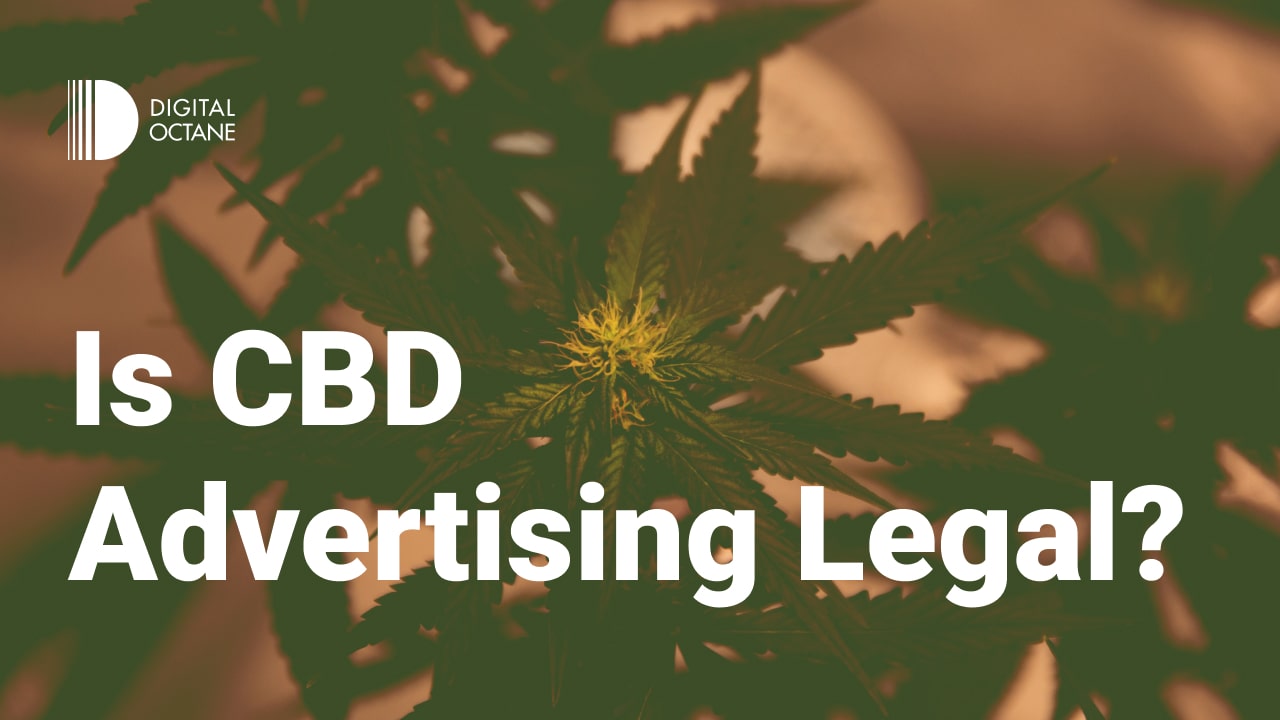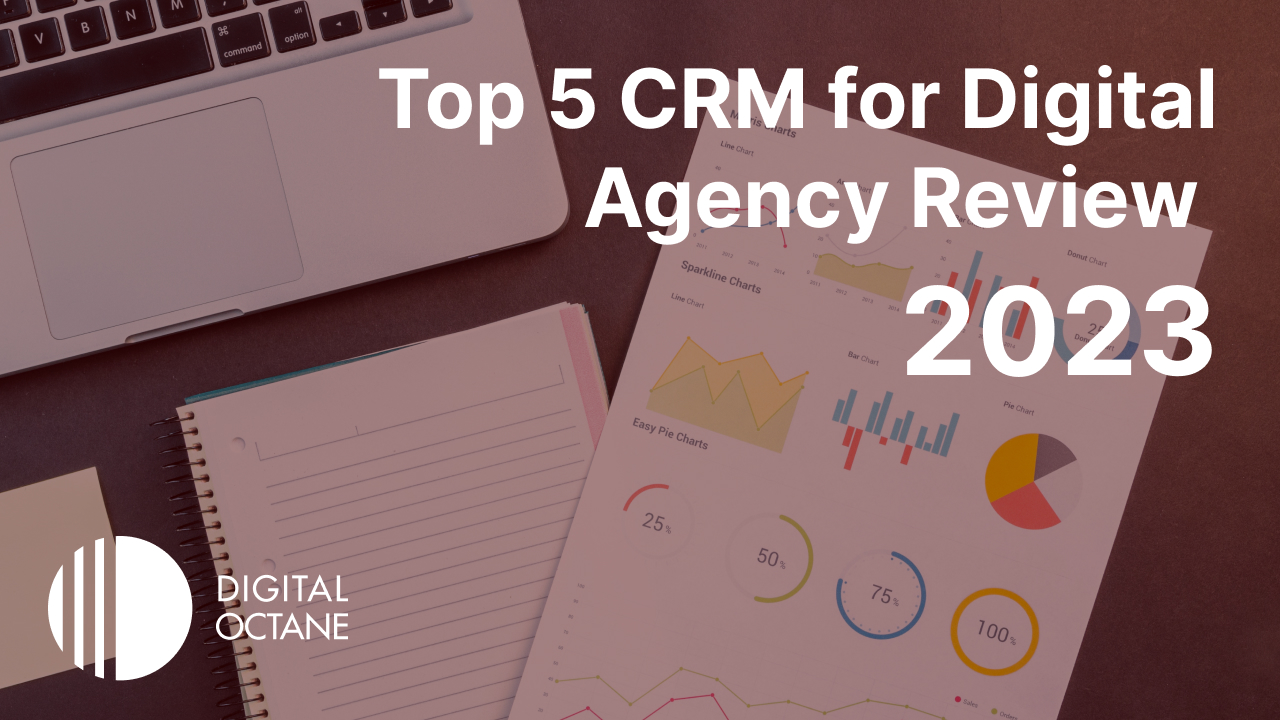
Is CBD Advertising Legal?
Introduction
It is common knowledge that advertisement is a sure-fire way to bring a product to the limelight, which almost always means more sales. Many brands have testified to this. Therefore, it is not surprising that many see adverts as their go-to solution when trying to boost sales of their products.
There’s an unfortunate twist, though. Not all products can be advertised. Sorry, we mean “legally” advertised. This is particular with controlled drugs. Advertisement of these drugs are under huge legal restrictions, and that’s if they’re allowed at all. Even publicly displaying these drugs can cause litigation.
This brings us to the question, is cannabidiol (CBD) advertising legal? Before we even get there, is selling it even legal? These are very important questions to ask, considering the increasing number of CBD vendors and retailers.
Trust us, you don’t want problems with media regulatory bodies, and you certainly don’t want any email from the United States Department of Justice. We also don’t! In light of that, we will be clarifying your doubts on the legality of CBD sales and advertisement.
How Legal Is CBD?
The cultivation and sales of hemp plants and their extracts were illegal back then. No one was allowed to sell or purchase them. But that didn’t mean that this hemp and its extracts didn’t exist as contraband then.
But in 2018, Congress passed a bill that permitted the cultivation, sales, and purchasing of hemp plants and their products. This bill was referred to as the 2018 Farm Bill. However, not all states complied with this law. Some states are still entirely against the usage of hemp plants, while some have strong laws governing its use.
Therefore, it is wise to worry if the CBD tincture you purchased is contraband or not. Also, suppose you have purchased tons of CBD edibles and tinctures. In that case, you surely don’t want to drive through states like Idaho, Nebraska, and South Dakota. Or you find yourself arrested for a serious crime.
States like Alabama, Georgia, Indiana, Iowa, Kansas, Kentucky, Mississippi, North Carolina, South Carolina, Tennessee, Texas, Virginia, Wisconsin, and Wyoming still restrict CBD usage and possession. Such restrictions can include selling CBD products only with a dispensary license or not selling any CBD with Tetrahydrocannabinol (THC) trace.
States that have fully legalized CBD possession and usage are Alaska, Arizona, Arkansas, California, Colorado, Connecticut, Delaware, Florida, Hawaii, Illinois, Louisiana, Maine, Maryland, Massachusetts, Michigan, Minnesota, Missouri, Montana, Nevada, New Hampshire, New Jersey, New Mexico, New York, North Dakota, Ohio, Oklahoma, Oregon, Pennsylvania, Rhode Island, Utah, Vermont, Washington, and West Virginia.
From the above, it is evident that only a few states are still against CBD usage. On the contrary, most states have followed the trend and adopted the bill passed. Therefore, you can freely purchase or possess CBD for either its medicinal or recreational use in such states, provided you are of the approved age.
How to Market Your CBD Store?
As the demand for CBD continues to increase, its usage has been fully legalized. As a result, most businesses are rushing to tap into this new gold mine. This makes the competition in CBD marketing fierce.
One primary concern for most CBD stores would be to market their CBD and its products effectively. But, before marketing CBD, it is best to understand the legality involving CBD and its products.
Although, the 2018 Farm Bill approved the usage of hemp-derived CBD and its products in the United States. It did not clarify whether CBD advertising is legal or not. Therefore, leaving each state responsible for making decisions on matters such as CBD advertising.
Hence, any marketer wanting to advertise CBD and its related products must understand CBD advertising laws in that particular state. Considering that these CBD advertising laws are liable to change, it is best to keep tabs on them.
The Do’s of CBD Marketing
Specific permissible actions can be carried out during CBD advertising. These include:
1. Including Educational Content
The first significant step in CBD advertising is to include tangible educational content about your CBD and its products. This helps to improve the brand’s professionalism and recognition. It also helps implement SEO strategies to target long-tail searches. Having a blog post or videos that talk about your CBD products would go a long way in boosting sales.
2. Using Influencer Marketing
The traditional way of marketing one’s brand product was to do the whole advertising thing yourself. But, recently, the use of an influencer in an advertisement is fast taking precedence. Brands that use professional influencers for their marketing have claimed that their brands have encountered tremendous sales.
Therefore, it is advisable to opt for influencer marketing when CBD advertising. These influencers can talk about the benefits of CBD. However, these claims must be clear, precise, and authentic.
3. Leverage the Podcast Platforms
While it is not possible to advertise CBD on major social platforms like Facebook or Google Display Network, there are other platforms with fewer restrictions when it comes to CBD advertising.
Leveraging platforms like podcasts is a sure way to advertise your CDB brand. You need to reach out to the podcasts that target your market audience and propose your advertisement opportunities.
The Don’ts of CBD Advertising
This is where CBD marketers must pay rapt attention. All states come with restrictions regarding CBD advertising. Failure to comply with these restrictions can attract a lawsuit or a heavy fine. Such restrictions are:
1. Advertising a CBD Product That is Not Hemp-Derived
CBD can be derived from either hemp or Marijuana. The hemp-derived one contains no more than 0.3 percent THC making it non-psychoactive. In comparison, the marijuana-derived CBD contains up to 30 percent THC. Only the hemp-derived CBD has been approved. Hence, marketing any other form of CBD is highly prohibited. Doing that can guarantee litigation.
2. Advertising Hemp-Derived CBD-Infused Substances
It is still illegal to infuse CBD into foods, supplements, or drinks in most states. This is frowned upon by the FDA and deserving of a fine. Also, the sales of such infused foods are prohibited. States like Ohio, California, and New York City prohibit selling hemp-derived CBD-infused foods or drinks.
3. Showing Consumption in Advertising
It is highly prohibited to show any form of consumption in CBD advertising. Therefore, whether your product is a CBD-infused food, lotion, or beverage, you must not show your products consumed during your marketing.
4. Having No Evidence to Back up Health Claims
The Federal Trade Commission (FTC) and Food and Drug Administration (FDA) have taken a particular interest in scrutinizing the health claims of any CBD products. Hence, before advertising your CBD product, you must have solid evidence supporting any medical claim of your product.
Rules Governing CBD Advertising on Different Platforms
Now that we have clarified your doubts on the do’s and don’ts, the next question to address is if CBD ads can be uploaded on various social platforms.
Social platforms like Facebook, Google Ads, Instagram, TikTok, Twitter, YouTube, and LinkedIn all have different rules and restrictions regarding CBD advertising. Failure to comply with such regulations or restrictions would undoubtedly have consequences.
To that end, let’s briefly overview the advertising rules on every platform.
Google Ads
One popular platform to advertise any brand product is Google Ads. Millions of people surf through Google sites daily. Therefore, the tendency that any product advertised on Google gets to many people is high. This should have been the case for CBD advertising. But unfortunately, Google classifies CBD as an illegal drug. Hence, it rejects any form of its advertisement on its platform.
Carrying out CBD advertising on Google would lead to account suspension. However, some companies are still capable of running CBD ads on Google. This is possible by making your advertisement not contain restricted words like CBD, cannabidiol, or hemp.
Also, increasing the Search Engine Optimization (SEO) for your website is another way to run a CBD ad on Google successfully.
Another social media with vast public coverage is Facebook. Companies, brands, or even individuals advertise themselves through this platform by running sponsored ads.
However, Facebook’s policy on CBD advertising is stringent. It is highly prohibited to run CBD ads on Facebook. In addition, Facebook has many restrictions regarding advertising products classified as drugs.
As much as CBD has been approved in some states, as long as it is still illegal in others, Facebook maintains a neutral stand on the advertisement. Therefore, Facebook bans any ads on CBD or its products.
Yet, some companies can still run sponsored CBD ads on Facebook. Does this mean that Facebook is partial to such companies? No. It only means that those companies are wise in avoiding Facebook bots in flagging down their ads. Below are a few tips on hitch-free advertisement on Facebook.
-
Do Not Use CBD With Your Domain Name
Using the wrong keywords in your ads can cause your ads to be banned by Facebook. But by avoiding using words like CBD, Hemp, Cannabidiol, Cannabis, etc., you can prevent your ads from being flagged down by these artificial bots.
-
Include a Blog Post
One brilliant way to avoid your CBD ads from being banned is to link them to a blog. This blog will contain well-detailed information about your CBD products. Therefore, you do not have to advertise your website.
-
Use Email Marketing
You can also decide to create a Facebook page for email marketing lists. When creating this, make sure your page does not mention CBD. Then, after getting numerous subscribers to your newsletter, you can make proper CBD advertising without restrictions.
The same body owns Facebook and Instagram. Therefore, they have very similar policies regarding CBD advertising. You can still advertise on Instagram, but you have to follow the same guidelines and tips as with Facebook.
In general, any form of drug advertisement is prohibited on Twitter. Herbal, illegal, and recreational drugs advertisement or promotions are not allowed on Twitter. However, some recent adjustments have been made concerning these policies. Therefore, there are some guidelines involved in the Twitter advertisement:
- Target the right audience; people above 21 years of age
- Only advertise legally derived CBD topical products
- It would help if you were licensed correctly and pre-authorized by Twitter
- Must comply with all Twitter rules and regulations regarding advertisement.
This platform has less strict policies when it comes to advertisement compared to others. Although LinkedIn strongly frowns on advertising illegal products or drugs, you will be able to advertise if you are giving quality informational content.
YouTube
Seeing is believing – one of the primary reasons video ads gain more recognition in the marketing network. In addition, the number of people that watch YouTube videos is very high. This makes YouTube the second-best search engine asides from Google.
Therefore, advertising any products on YouTube is a sure ticket to gaining more brand recognition and sales. Despite YouTube not being particularly against CBD advertising, you must follow some necessary guidelines when carrying our video ads for drugs and drug-related products. They include:
- Avoid using characters that are appealing to the younger generation
- Include “For Adult Use Only” on ads for infused products
- Do not give any false or misleading content or information
- Do not include prices, promotional offers, or potency statements
TikTok
Another social platform fast rising into recognition is TikTok. Although, TikTok has been associated with only funny videos and content. Advertisement on this platform is a great way to improve product sales, including CBD.
Before advertising TikTok, it is important to read through the guidelines. Although TikTok has not outrightly banned CBD advertising, it frowns on advertisements on substances regarded as illegal or controlled drugs.
Therefore, when running a CBD ad on TikTok, do not include words like CBD or Cannabidiol in your ads.
Conclusion
Running a proper advertisement on any brand product could be the turning point for that brand. Selling products like CBD, which has fairly intense market competition, requires sellers to optimize product advertisement. But it has to be done legally. There’s no point making money, only to spend on lawyers.
To ease things, you can partner with a reputable CBD advertising agency. And we know just the right brand! Digital Octane Services provides eCommerce website development for CBD sellers and CBD marketing. We also provide SEO services. Message us today for your advertising and CBD needs.
You may also like

How to Start a Technical Startup: Y Combinator’s Checklist
At Digital Octane, we have extensive experience working with technical start-ups daily as a development team. Over the years, we’ve encountered a lot of advice on creating, managing, and scaling start-ups efficiently. Recently, we came across a video from Y Combinator that perfectly sums up the key points you need to address to build a…

Top 5 CRM for Digital Agency Review 2023
When it comes to selecting the best CRM system for a digital agency, there are several options available in the market. However, the ideal CRM system should offer a comprehensive set of features that align with the agency’s specific requirements. Besides, the system should be cost-effective for the company. In our review, we tested top…

How to Improve SEO CBD Strategy
Introduction Are you planning to start or optimize your already established CBD business online? Then, keep reading as this article bears the best tips to improve your CBD business. Developing quality website remain the best platform when it comes to promoting and selling CBD-infused products. Talking about online growth, the sale of CBD products has…

